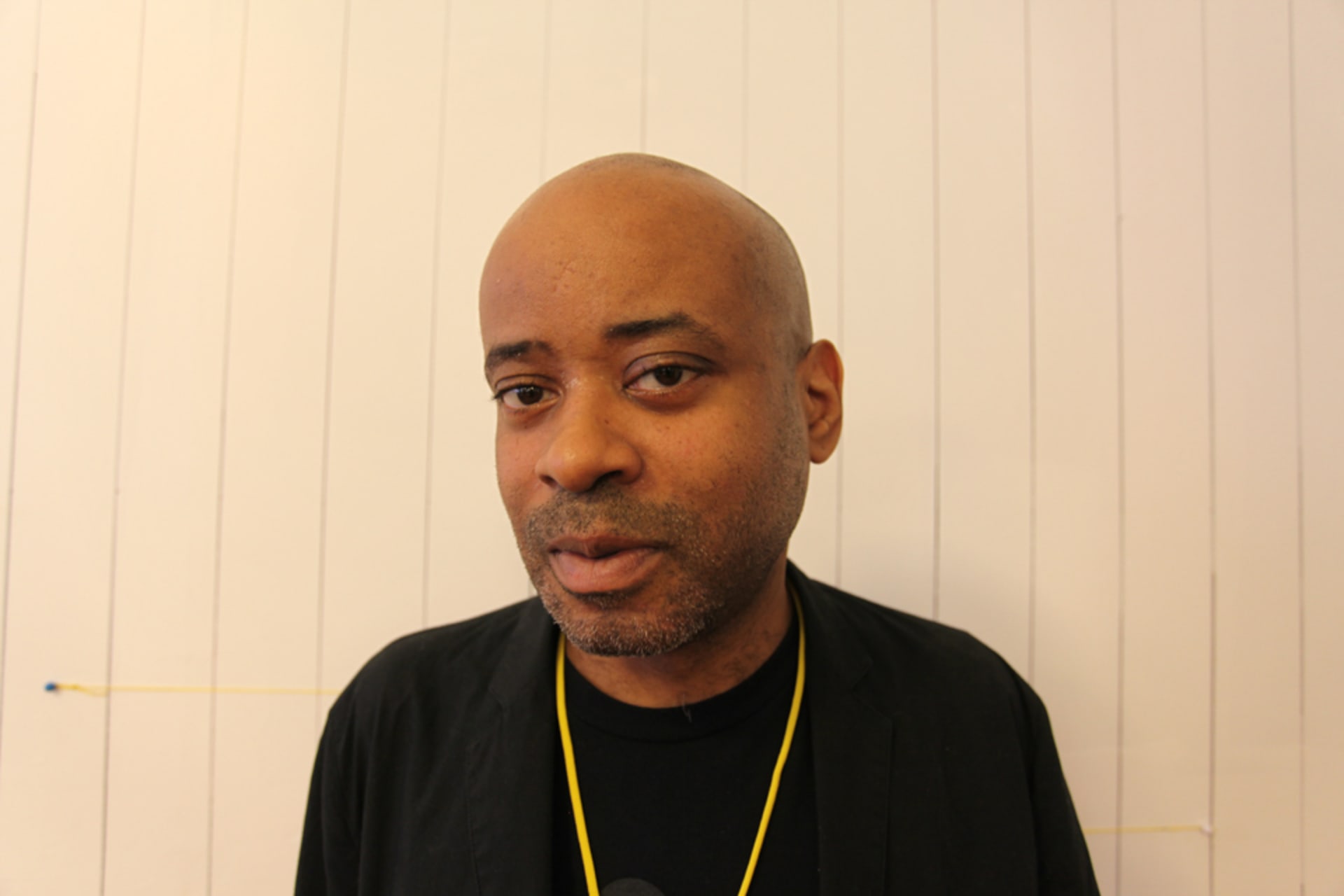
Juan Atkins on Kraftwerk
The first time I heard Kraftwerk was on The Electrifying Mojo’s radio show in Detroit in the late seventies. This is when FM radio was still young, and there were only, like, three stations. There really was no specific format for FM radio at the time—DJs were allowed to do what they wanted. You heard them play entire albums when they felt like it, which couldn’t be more different from today’s radio format. Mojo used to play ‘Trans-Europe Express’ and ‘We Are The Robots’ pretty regularly, but the first time I heard ‘Robots’ I just froze. My jaw dropped. It just sounded so new and fresh. I mean, I had already been doing electronic music at the time, but the results weren’t so pristine—the sound of computers talking to each other. This sounded like the future, and it was fascinating, because I had just started learning about sequencers and drum programs. In my mind, Kraftwerk were, like, consultants to Roland and Korg and stuff because they had these sounds before any of the machines even appeared on the market.
Needless to say, Kraftwerk definitely influenced my sound, because when I heard their music I automatically knew I had to tighten up what I was doing; I had to make it cleaner and better—though not necessarily more minimal, because what I was doing was pretty minimal for the time. A lot of people think that I was copying Kraftwerk directly, but that’s absolutely not the case. For me, they weren’t any more of an influence than, say, funk—P-Funk especially. I actually had a chance to talk to Florian [Schneider] when we played Tribal Gathering together a few years back. We met up behind the Detroit stage and chatted a bit and I was really surprised to learn that Kraftwerk were hugely influenced by James Brown. Of course, P-Funk was made up of at least half the JB’s first line-up, so somehow Detroit techno was a very natural, even “fated” progression. I mean, there were other funky electronic bands around—Tangerine Dream and Gary Numan and all that—but none were as funky as Kraftwerk. I mean, you could actually play the stuff on black radio, and that wasn’t a small feat. You could go to an all black club in Detroit and when they put on ‘Pocket Calculator’, everybody just went totally crazy.
Kraftwerk’s minimal lyrics were part of their overall concept, and definitely contributed to their special blend. I can say for sure that they put Germany on the map for me. When I was a kid in school in America, the only thing we learned about Germany was World War II. Also, I always had this impression—independently of the war—that Germany was very logical, very machine-oriented. And without a doubt, when I went to the Man Machine show at the MoMA retrospective, I could definitely hear the way they combined the machine-driven syncopations with a more human take on improvisation. And the visuals were phenomenal. I had only heard after the fact that Ralf Hütter had played an important role in choosing both Francois K and I to do our DJ sets for the Kraftwerk exhibit at the geodesic dome at PS1. I’m proud to have been a part of it.~
Earlier this year we where reporting from the Kraftwer Retrospective 1 2 3 4 5 6 7 8 at New York’s MoMa, where we collected a lot of interesting takes on the legendary techno innovators from the likes of Juan Atkins, Afrika Bambaataa, Klaus Biesenbach and more – Read them here.
Photo: Luci Lux
Published November 10, 2012. Words by Juan Atkins.
